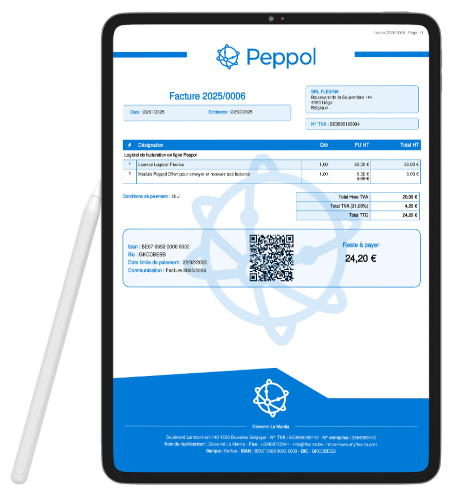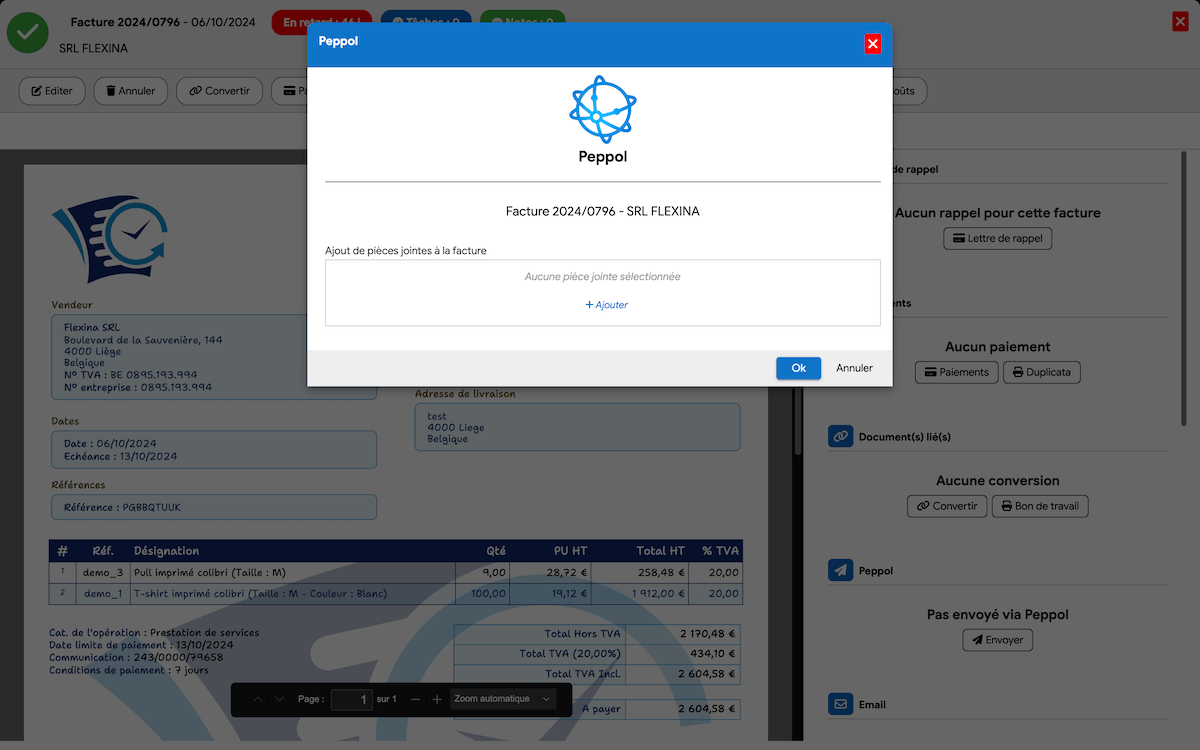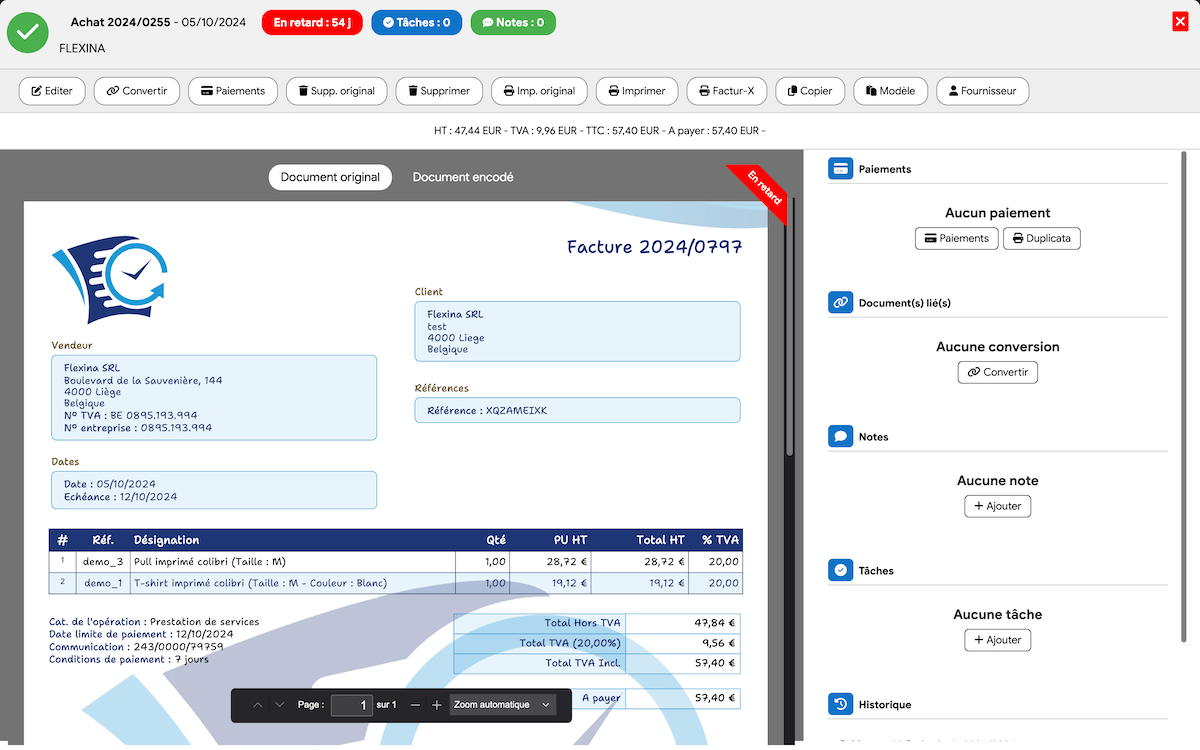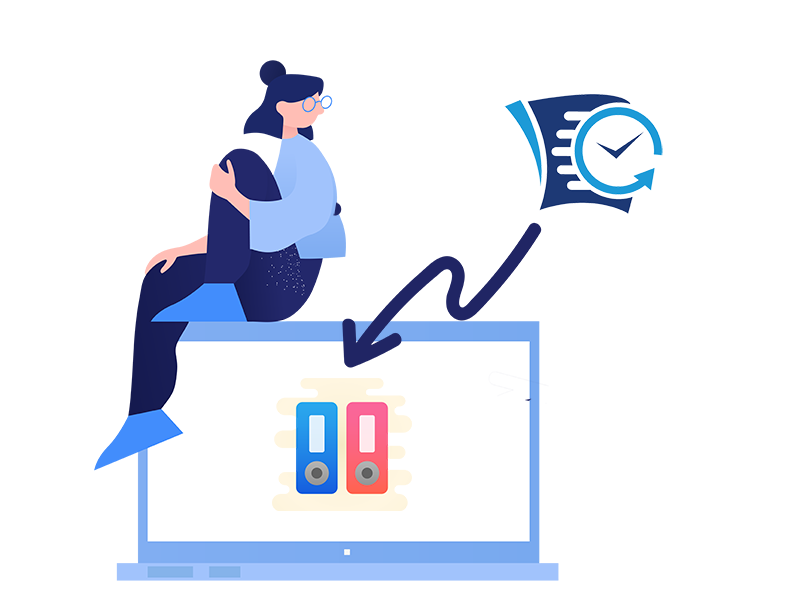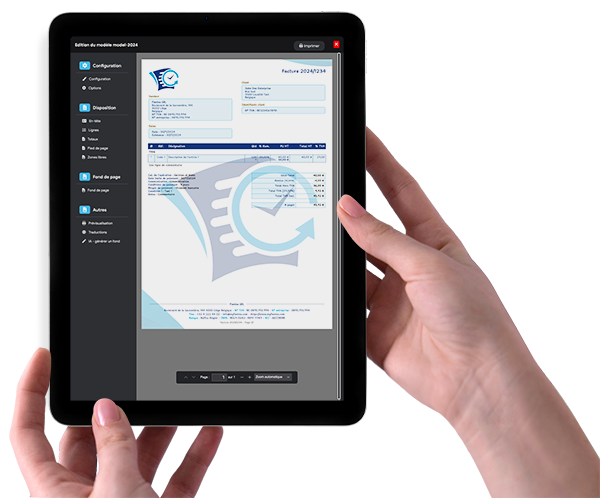TWOSEVEN SRL
SECURITY, NETWORK & ELECTRICAL
"Fidèle à FLEXINA depuis toujours, un véritable plaisir et un outil très performant au quotidien. Nous avions essayé de nombreux logiciels de facturation différents et aucun d'eux ne proposait une telle latitude de paramétrage et personnalisations. Un must have pour tous les indépendants et les entreprises qui veulent un outils all-in-one sans aucun tracas."

